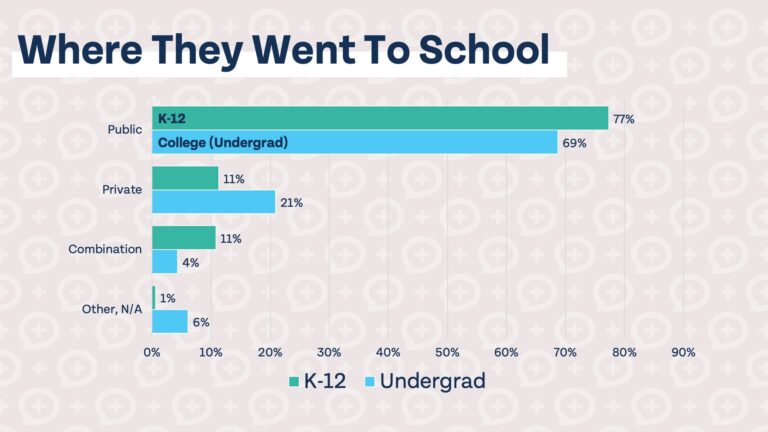The Green family has a question. I am 35, and my job currently has a pension and offers a non-matching 401k. I’m currently maxing out my Roth IRA. Should I be contributing to my 401k, or are there other better options?
Mr. or Miss Green, so one, you’re 35 with a pension, that’s amazing. Pensions aren’t really a thing that exists for a ton of folks anymore, so your employer or the entity for which you work has now said, ‘Hey, we’re going to build a thing that’s going to be there for you when you retire that’s going to produce some sort of standard of living for you,’ that is awesome, assuming that it’s well-funded and it seems there’s a going concern that it’s going to be there. But now you’re in this situation thinking, ‘Okay, well, how do I begin building up my other types of wealth, mother outside wealth?’
Your 401k doesn’t have a match on, and that’s not incredibly uncommon for employers that provide a pension plan. They say, ‘Hey, we’re already doing this over here, so we’re not going to provide a match.’ Don’t forget there are other benefits to a 401k besides simply the match. If you’re someone who’s in a higher income area or a higher income cost of living area, and you have a high state tax rate and high marginal rate, the 401K provides one of the best ways to legally hide money from the government and decrease your tax bill. Or you’re younger, and if you are in a lower income situation, it’s a great place to build up tax-free Roth assets if your 401k has the Roth contribution option. So, there are other benefits to the 401K besides simply and strictly the match.
So, Brian, here’s my question for you. Someone who’s in this situation who says, ‘Yeah, it doesn’t provide a match. What should they follow, or how should they go about figuring out where their next dollar should go? Is the 401K one of the places they should still stop at on their journey?’
Yeah, I mean, I think you have to look at it. You hit number one, which was follow the tax benefits. For somebody a higher income, that’s current year tax savings. For somebody younger, that might be tax-free growth opportunities. I think you have to pay attention to what protected plans do for you that Roth IRAs can’t do, and that’s like creditor protection and basic things like that that’s unique. And then the third thing is really, and this is what you’re alluding to, Bo, don’t skip that due diligence. That’s where you have to look at your plan because it sounds like your employer, they have a pension. They have a non-matching 401k. A lot of these things, if they’re putting in money automatically without you putting that, means they’re probably loading this thing up on the executive side of it. So, I would want to know how good is this plan? Is this something that a golf buddy of the owner set up or brother-in-law or a sister-in-law? Or is this something that actually is like got world-class low-cost Investments, has really good diversification options? Pay attention to those things because it comes to the fact that you might want to go to the employer plan because of you get that creditor protection, you get all the benefits outside.
I love maximizing all of those things because that’s really where the brilliance or genius of the Financial Order of Operations is. It tries to build what to do with your next dollar from an optimization not only from taxes but also from what are the three buckets you’ll need to master or do well in the retirement transition from saver to spender. It’s all built into the system, and that’s why I think people think, “Man, they’re always talking about that Financial Order of Operations!” Yes, because it’s that good. And that’s why we make it free.














